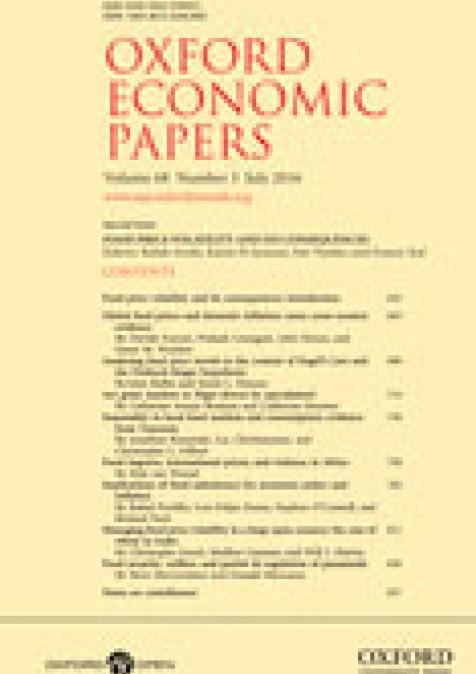Podcasts
Commerce et prix des matières premières agricoles
30
May
2016
Related topics:
Ce podcast est délivré par Christophe Gouel. La volatilité des prix des denrées alimentaires a-t-elle des répercussions sur les politiques commerciales des pays ?
Christophe Gouel est docteur en économie de l’école Polytechnique, il est économiste à l’institut national de la recherche agro économique (INRA) et au centre de recherche « CEPII ». Ces recherches portent principalement sur les problématiques liées aux politiques commerciales et aux politiques agricoles.





